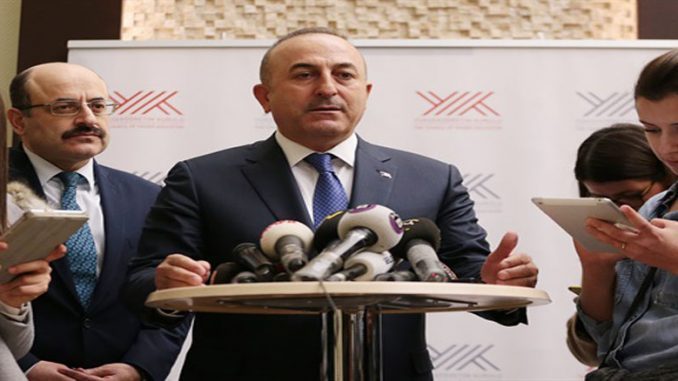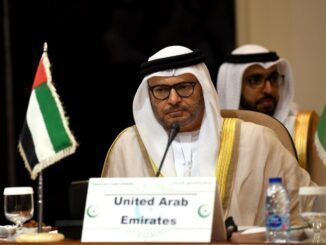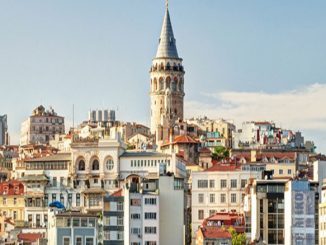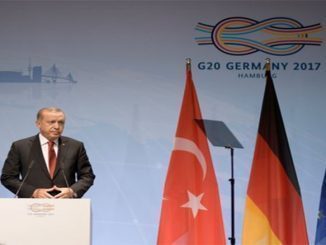
Criticizing Greek defense minister’s rhetoric on Kardak islets, Mevlut Cavusoglu adds that Turkey values ties with Greece
Panos Kammenos claimed on Friday that Turkey is trying “to escalate the crisis” over the Kardak islets, warning against setting foot on them and saying that Greek forces are ready for “any contingency”.
Speaking to reporters in Turkey’s Mediterranean province of Antalya, Foreign Minister Mevlut Cavusoglu accused Kammenos of using “provocative rhetoric”.
On Saturday, Cavusoglu also reacted to Greek Foreign Minister Nikos Kotzias’ remarks that “Turkish Chief of General Staff could not set foot on Kardak even if he wanted to,” pointing out that Chief of Staff Gen. Hulusi Akar had actually just visited the islets.
“Our stance on Kardak is clear,” Cavusoglu added Saturday.
A decades-long dispute between Turkey and Greece over the uninhabited Aegean islets of Kardak brought the two countries to the brink of armed conflict in 1996 and led to renewed tensions this year.
On Jan. 29, Turkish military chief Akar visited waters near the islets. Three days later, Kammenos flew over the disputed islets.
On Sunday, Cavusoglu said that although the two countries have different perspectives on the islands in the Aegean, along with its continental shelf and air pace, “We place importance on our relations with Greece”.
Noting the similarities between the countries, Cavusoglu said: “But first of all Greece should not allow a spoiled child to cast a shadow over this,” apparently referring to Kammenos.
“They should not try our patience,” he added.
Greece should extraditing ex-soldiers
“Greece preventing the traitors from being prosecuted for their crimes is not in line with good-neighborly, friendly relations,” Mevlüt Çavuşoğlu told Anadolu Agency.
The number of Turkish citizens who have illegally entered Greece since the July 15 defeated coup now stands at 100, including the eight ex-soldiers who fled there in a stolen helicopter hours after the coup bid and requested asylum.
Ankara has repeatedly requested the extradition of the eight men, promising they would get fair trials. But on Jan. 26 the Greek Supreme Court ruled against their extradition.
“Unfortunately this attitude is no surprise to us. The PKK’s head who is now in prison was hidden by Greece too,” Çavuşoğlu added, referring to the terrorist group’s leader, Abdullah Öcalan, who was caught and jailed in 1999.
According to Sotiris Roussos who is analyst ; In the last decade, Turkey has been perceived, both in Greece and Israel, as assuming a leading role in the Middle East and the Eastern Mediterranean through economic and political as well as ideological influence.
Israel, in particular, feels alienated from Adalet ve Kalkınma Partisi (AKP) policy towards political Islam, and isolated in the region. As a result, its political elite is in search of new alliances in the Eastern Mediterranean.
Meanwhile, Greece’s strategic concerns are heavily influenced by the inability of the European Union (EU) to build a comprehensive and integrated solution to the economic and social crisis in the European South and the poor results yielded by the Europeanisation of Greek-Turkish relations in terms of resolving bilateral territorial disputes in the Aegean or over the Cyprus issue.



